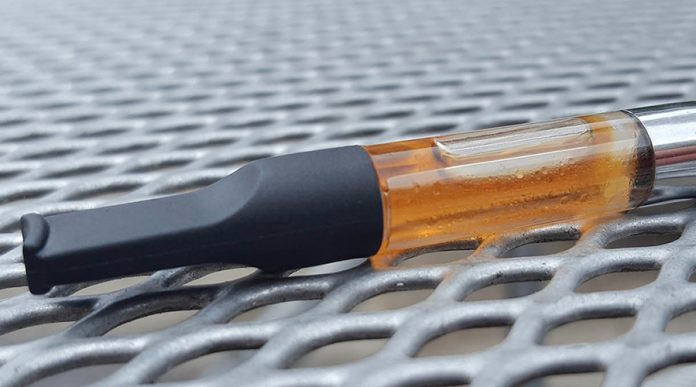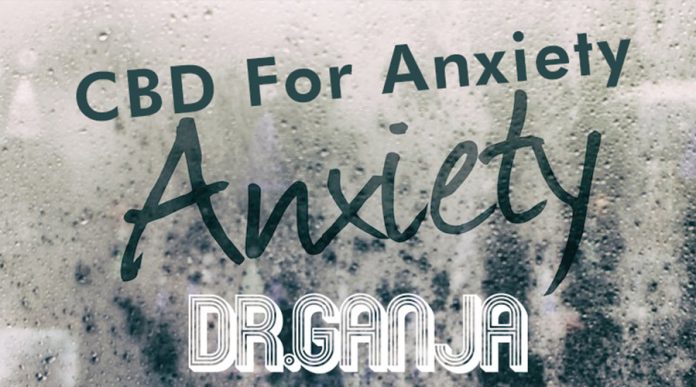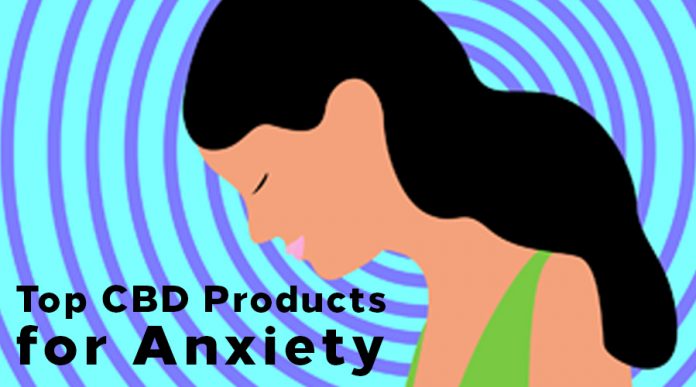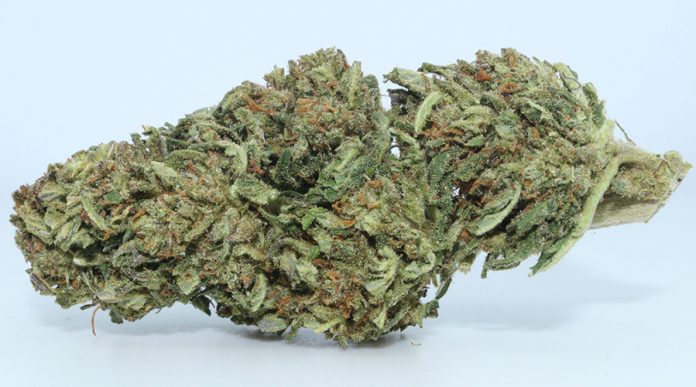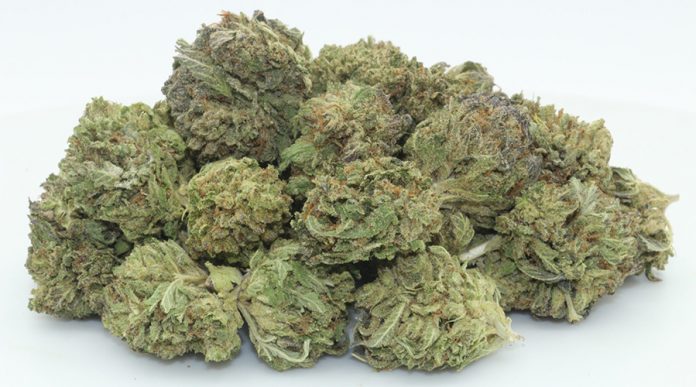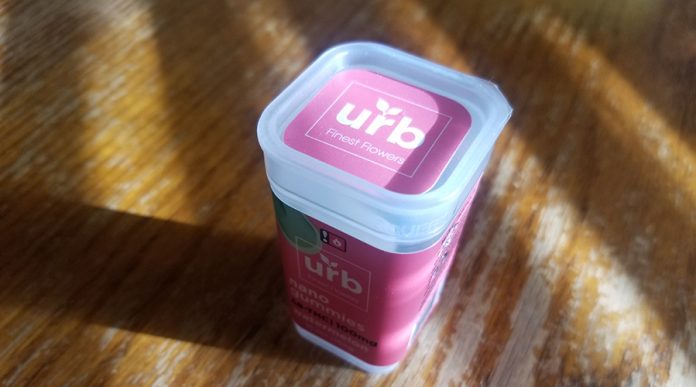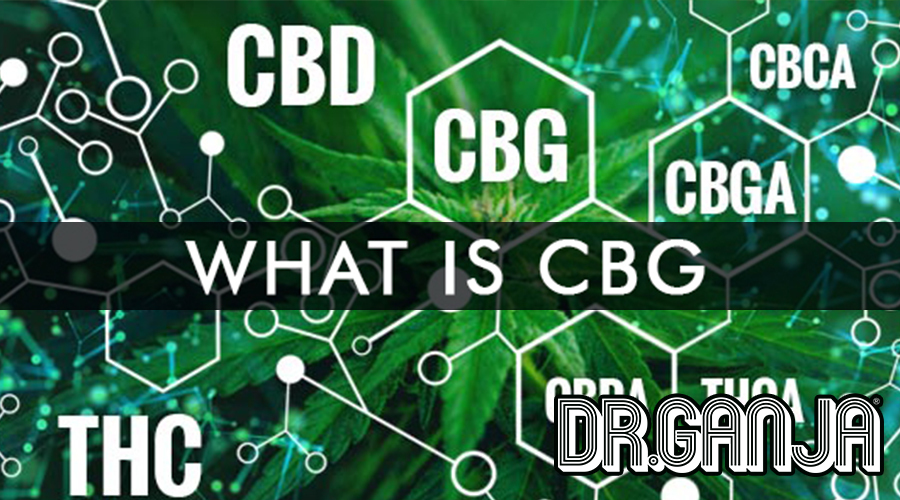
Where You Can Find CBG
CBD is what most people are familiar with these days, but with so many terms flying about it’s hard to keep your head on straight, so Dr.Ganja is here to break it down for you. CBD stands for CannaBiDiol as you well know, but there’s plenty of other “CB_’s” that are very important compounds found in the hemp plant that hasn’t received much attention yet.
For example, in hemp there is CBC (CannaBiChromene), CBDVA (CannaBiDiVarinic Acid), and the topic of today, CBG (CannaBiGerol).
CBG isn’t found in the quantities that CBD and THC are in your typical marijuana or hemp plants; in fact, most strains contain less than 1% of CBG. However, before any THC or CBD is generated in a plant, all of these compounds start from the granddaddy of them all, CBGA. The A in CBG-A just stands for acid, and is a part of the compound that comes off when you add some heat to it (such as when you smoke or vaporize some herb) to simply become CBG.
The same thing goes for THCA and CBDA if you’ve ever heard of those, these are THC and CBD but with an acidic group attached to the compound and, with some heat or UV light, these go from THCA and CBDA to THC and CBD.
So while the end product of a plant might not contain much CBG or CBGA, it all started there. The process for cannabinoids, in a simple form, goes like this: CBGA -> CBG -> CBDA or THCA or CBCA. Most plants go down the first two pathways to yield CBDA and THCA (although some plant breeders these days are creating strains that retain higher levels of CBGA). If you look at lab results of many flower strains, you may see that the THC or CBD levels of your plant are near non-existent while the THCA or CBDA is near 15%! That doesn’t mean that your plant isn’t potent, just that it’ll take a bit of heat to get it to convert to what you want, which isn’t a problem since you’ll be lighting up soon anyway.
At this point you may be asking yourself if CBGA and CBG are the same thing…
Are CBG And CBGA The Same?
They are certainly not the same, not chemically nor in terms of biophysiology. The non-acidic cannabinoids, or the compounds without the “-A” like CBD and NOT CBDA, contain the medicinal effects most are looking for. In chemistry, even minor modifications like the removal of an acidic group have huge ramifications for their effects.
What Are The Effects And Benefits?
So to the really important stuff: will CBG get me high? Absolutely not as CBG is non-psychoactive. Fortunately, CBG does have medicinal effects that are similar in fashion to CBD, not THC. Scientific animal studies have shown CBG to be effective for IBD or inflammatory bowel disease. Also, just like with CBD, CBG has been found to have cancer-fighting properties and additionally acts to protect neurons from damage. What’s more and something a bit wild, CBG has been shown to be a potent antibacterial, especially against resistant strains of bacteria like MRSA! If you’re interested in some of these studies you can find them: here and here and here.
If we’ve piqued your curiosity enough and you want to try CBG, you can find some in such products on the Dr.Ganja site as PhtyoFamily CBD & CBG
CBD or THC 500 mg or PhytoFamily Full Spectrum CBD Syrup Green Apple
Thanks for reading. Knowing what you’re buying and thus what is in what you’re buying is vital. After all, knowledge is power, and your new knowledge now grants you the power of a discount on the whole Dr.Ganja site!
Just use the promo code: Relax
